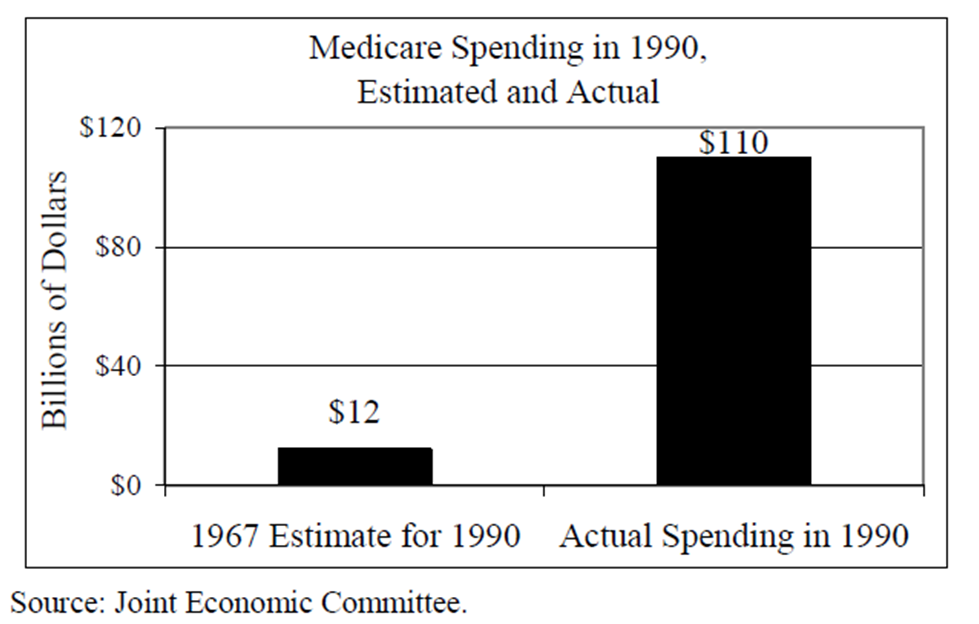- Joined
- Oct 12, 2009
- Messages
- 6,762
- Reaction score
- 1,619
- Gender
- Male
- Political Leaning
- Private
Why does this not surprise me...
CBO ups health care cost projections - Jennifer Haberkorn - POLITICO.com
Congressional Budget Office estimates released Tuesday predict the health care overhaul will likely cost about $115 billion more in discretionary spending over ten years than the original cost projections.
The additional spending — if approved over the years by Congress — would bring the total estimated cost of the overhaul to over $1 trillion.
Republicans pounced on the news, which they called another sign that the Obama administration makes promises it cannot deliver.
“The American people wanted one thing above all from health care reform: lower costs, which Washington Democrats promised, but they did not deliver,” said House Minority Leader John A Boehner (R-Ohio). “It was clearly irresponsible for Washington Democrats to force this legislation through Congress without being truthful about its full impact on the nation’s finances. Republicans are fighting to repeal this job-killing health care law and replace it with reforms focused first on lowering costs and protecting American jobs.”
But a Democratic leadership aide on Capitol Hill said the Congress will have to stay within the budget.
"Just like other authorized programs, the discretionary programs in health reform will need to compete for funds within set budgetary limits,” the aide said. “Republicans fighting to repeal reform can say what they want, but the bottom line is that CBO says reform will reduce the deficit and slow the growth of health care costs - period.”
The Congressional Budget Office expects the federal agencies to spend $10 billion to $20 billion over 10 years on administrative costs to implement the overhaul. The CBO expects Congress to spend an additional $105 billion over 10 years to fund discretionary programs in the overhaul.
CBO ups health care cost projections - Jennifer Haberkorn - POLITICO.com

